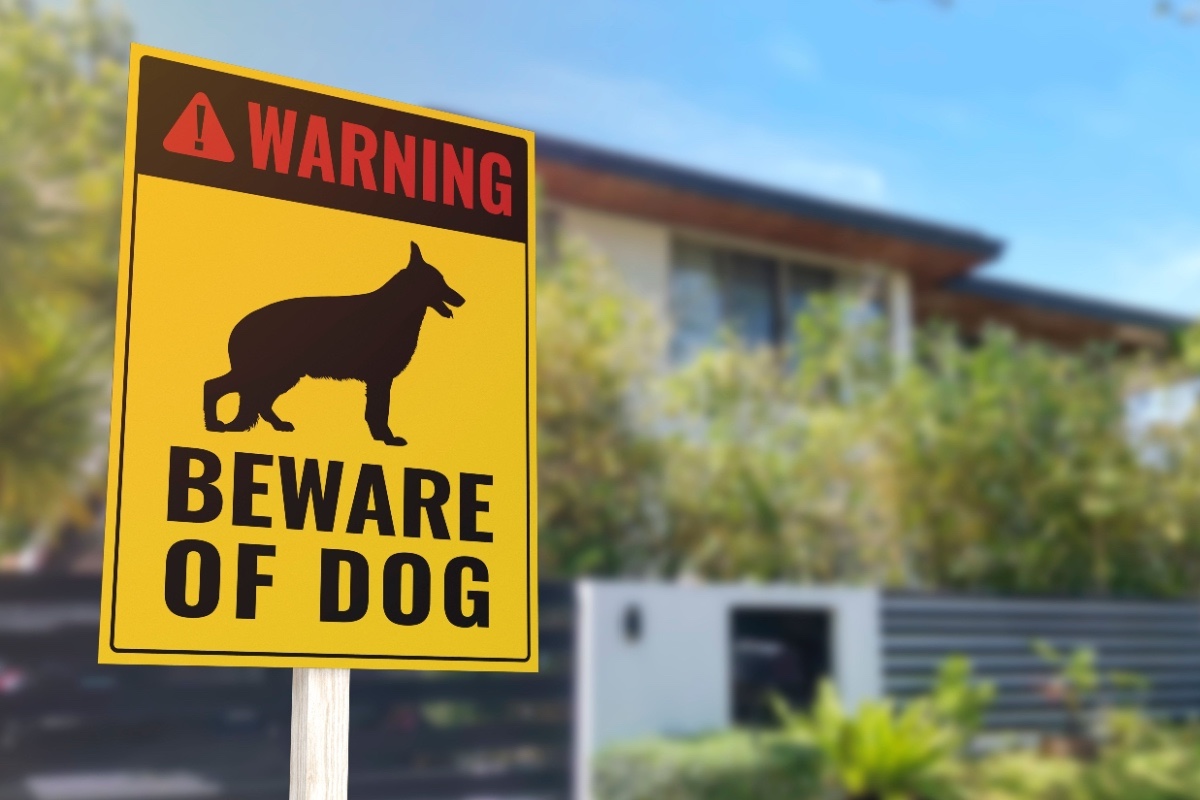
When a dog bites, the victim may have legal recourse against the pet owner. West Virginia is not exactly a one-bite state, like many states, but it may use this rule in certain circumstances. A one-bite state only holds pet owners responsible for dog attacks if the dog has bitten someone at least one time previously. If you or a loved one was injured in a dog attack, consider speaking with a qualified dog bite lawyer in West Virginia.
The one-bite rule is based on the idea that a pet owner reasonably should have prevented an attack if he or she had prior knowledge of the dog’s vicious propensities. In other words, if the dog had already bitten someone in the past, the owner should have taken greater precautions to prevent a second or subsequent attack. The failure to take these precautions, resulting in another dog bite or attack, will make the pet owner liable (legally responsible) for related damages in a one-bite state.
A one-bite state uses the legal doctrine of negligence to hold a pet owner liable for an attack. Negligence is a person’s failure to meet the standard of care, resulting in an accident, injury or death. In a one-bite state, an injured dog bite victim is responsible for proving that the pet owner knew of the dog’s propensity to bite because of a previous attack yet was negligent in preventing the most recent bite injury. Negligence in these cases often means failing to properly restrain the dog.
West Virginia is not technically a one-bite state. West Virginia Code 19-20-13 places strict liability with the owner or keeper of any dog that attacks someone while running at large. Strict liability means liable even without the presence of negligence. State law only holds a pet owner strictly liable for damages, however, if the dog was running at large (unrestrained or unfenced) at the time of the attack.
If the dog was leashed or restrained when it attacked, the strict liability law will not apply in West Virginia. Instead, state courts will use traditional laws in these cases, such as a one-bite or negligence law. Thus, although West Virginia is not a one-bite state, this law will come into play in a case involving a restrained dog that attacked someone or damaged property. Rather than holding the owner automatically liable in these situations, the courts will ask to see proof of negligence.
If you need to use the one-bite or negligence doctrine in your dog bite injury lawsuit in West Virginia, you will be responsible for proving fault as the injured party (plaintiff). The burden of proof always rests with the plaintiff in a personal injury claim. This burden is to provide enough clear and convincing evidence of the pet owner’s fault to prove that he or she is more likely than not responsible for your injury. In general, proving a case under the one-bite rule requires proof of four key elements.
Evidence in a dog bite injury claim in West Virginia can include eyewitness statements, an official accident report, medical records, testimony from a doctor or subject-matter expert, and photographs and videos. For assistance gathering enough evidence to prove your dog bite injury claim in West Virginia, consult with a personal injury lawyer. An attorney will have experience with both strict liability claims and the one-bite rule to help you obtain fair compensation.

Attorney Timothy Manchin established the Manchin Injury Law Group in 2011 after his law partner of more than 25 years became a West Virginia circuit court judge. His focus is on helping individual clients and entire families victimized by negligent acts.
We offer a free initial consultation at our office in the Manchin Professional Building — our home since 1983 — conveniently located in Fairmont.
If you are unable to visit our firm, we can come to your home or hospital room.
Fill out the form below to get in touch!